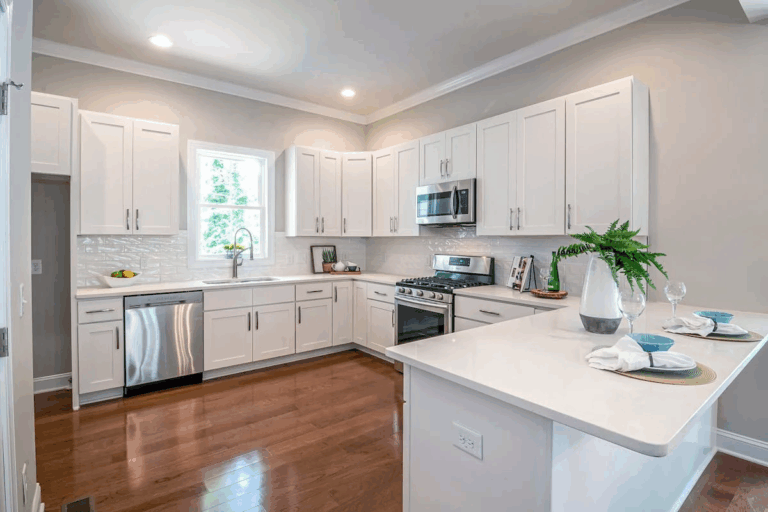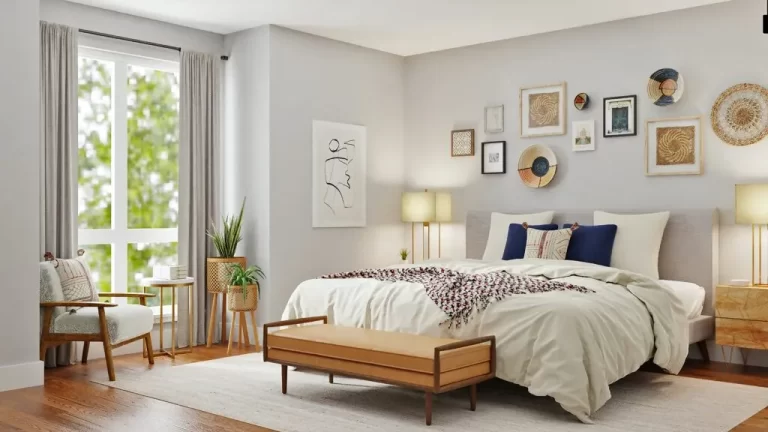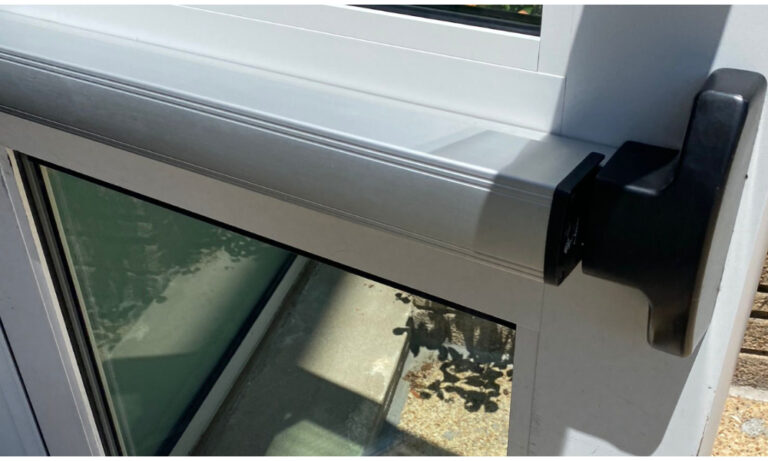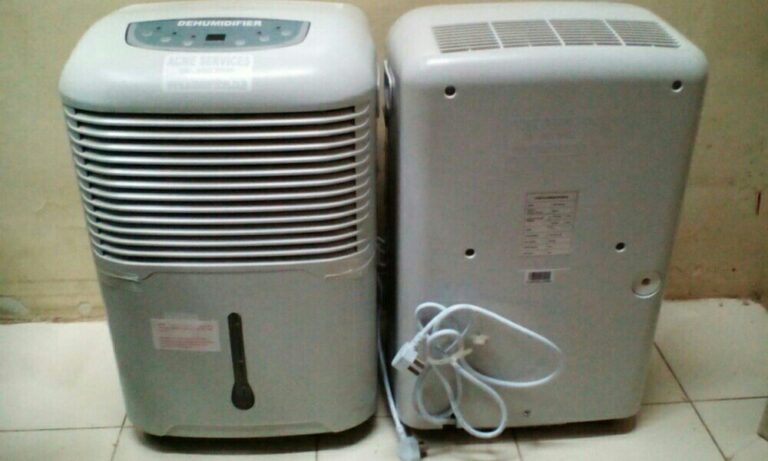
Living on your own in the UK comes with its fair share of hurdles, especially when it comes to protecting you and your place. It’s all about finding that balance between doing your own thing and staying alert. This article is here to dish out some handy tips and tricks for folks flying solo in the UK, helping them beef up their home security game.
Understanding Your Security Needs
Assessing Your Home’s Vulnerabilities
First, check for weak spots before beefing up your security. Look closely at your place, especially areas with dodgy door locks, easy-to-break windows, or dark spots. This step involves not only examining the physical security measures but also understanding your property’s layout and potential weak spots.
Local Crime Statistics and Trends
In the realm of security, knowledge reigns supreme. Delve into local crime statistics in your UK neighbourhood to fathom the common threats and trends. A grasp of the perils unique to your area will allow you to tailor your security measures effectively. Dive deeper into the statistics by considering the types of break-ins prevalent or any seasonal trends that might be relevant to your security strategy.
Personal Security Considerations
Your daily routines, work schedule, and way of life play a significant role in your security requirements. Ponder over how your distinct circumstances might impact your safety needs and decisions. This necessitates contemplating your day-to-day activities, including your comings and goings, in order to identify potential weak spots and align your security practices accordingly.
Essential Security Measures
Upgrading Locks and Entry Points
The bedrock of home security lies in robust locks. Ensure every door and window boasts high-quality locks, and mull over the addition of deadbolts and window locks for added layers of protection. When you embark on the journey of lock upgrades, don’t restrict your focus to the main entry points alone. Venture into the less conspicuous access points like basement windows or garage doors.
Installing a Burglar Alarm System
In the UK, burglar alarms work well to deter intruders. Invest in a reliable alarm that can sound an alert and notify the police if there’s a break-in attempt. When picking one, consider features like motion sensors and door/window sensors, and ensure it complements your existing security setup.
Use of Security Lighting
The cloak of darkness often conceals a burglar’s approach. Moving motion sensor lights can deter potential intruders, especially in dark areas. When placing your security lighting, keep a sharp eye on key areas like entryways, pathways, and blind spots around your property.
Securing Sliding Doors and Windows
Sliding doors and windows are notorious as vulnerable points of entry. Bolster them with additional locks or security bars to obstruct unauthorised access. It’s essential to pick the right locks or bars tailored for these specific entry points, ensuring a snug fit for maximum security.
Advanced Security Technologies
CCTV and Surveillance Cameras
As CCTV systems and surveillance cameras become more common, they get cheaper and easier to use. Strategically deploy them to surveil key areas of your dwelling. When you’re in the market for surveillance cameras, ponder over factors like camera resolution, field of view, and their capacity for storing and accessing recorded footage.
Video Doorbells and Intercom Systems
Augment your visitor vetting process with video doorbells and intercom systems. These technologies enable you to interact with visitors without exposing yourself. Reflect on their connectivity options and integration capabilities with your other security devices and mobile applications to ensure a seamless setup.
Integration with Mobile Devices
Sync your security systems with your mobile devices to receive real-time alerts and updates. These notifications will be directly at your fingertips, allowing swift responses to any security concerns that may arise. When configuring mobile device integration, verify that the systems you choose come with user-friendly apps and provide dependable push notifications to keep you in the loop.
Personal Safety Practices
Routine Security Checks
Prior to leaving your abode or retiring for the night, establish a routine of conducting security checks. Ensure that all entry points are secured and that alarm systems are armed. In addition to these fundamental checks, consider developing a comprehensive checklist covering all aspects of your security measures to ensure that no detail goes overlooked.
Safe Key Management
Bypass the precarious practice of concealing spare keys outdoors. If you lose your keys or they get nicked, don’t hang about – replace your locks pronto to keep your place safe. Consider a solid key management plan, which could mean going for a keyless entry system or getting a secure key storage setup.
Emergency Contact Plan
Set up an emergency contact plan with reliable neighbours, pals, or family living nearby in the UK. They could be a real help in unexpected situations. Make a detailed emergency contact list with their phone numbers and any specific tasks they might handle during an emergency.
Awareness and Vigilance
Pay attention to your surroundings and stay alert. Report anything strange going on in your neighbourhood to the authorities. Boost your vigilance by joining local crime prevention programs or community watch groups, helping everyone feel safer together.
Community Engagement
Neighbourhood Watch Schemes
Join a Neighborhood Watch to amp up your security. Keeping an eye out for each other with your neighbours is a solid way to scare off troublemakers. If you’re in on it, chip in by setting up meetings, sharing info, and teaming up with other members to keep things safe.
Building Relationships with Neighbours
Cultivate robust relationships with your neighbours. When the chips are down, supportive neighbours can make all the difference in ensuring your safety. Extend your interactions beyond casual neighbourly exchanges by orchestrating neighbourhood gatherings or social events to strengthen these bonds of trust.
Local Police Resources and Workshops
Take advantage of the resources at your disposal and attend home security workshops offered by local police forces in the UK. These initiatives furnish invaluable insights and guidance. In addition to attending workshops, take the initiative to proactively seek advice and stay informed about current security concerns in your area by reaching out to local law enforcement.
Staying Informed About Local Security Issues
Stay plugged into your local community through groups or online forums. Staying up to date with local security news and updates helps you stay in the loop and ready for anything. Join in with these communities by sharing your own stories, chatting with others, and getting advice from your fellow locals.
Conclusion
You can take control of your safety by improving home security while you live alone in the UK. By following these strategies, you will be able to fortify your sanctuary and enjoy peace of mind. You can always turn to a professional locksmith if you require specialised help for changing locks or anything else. Your home is your fortress, so defend it.







